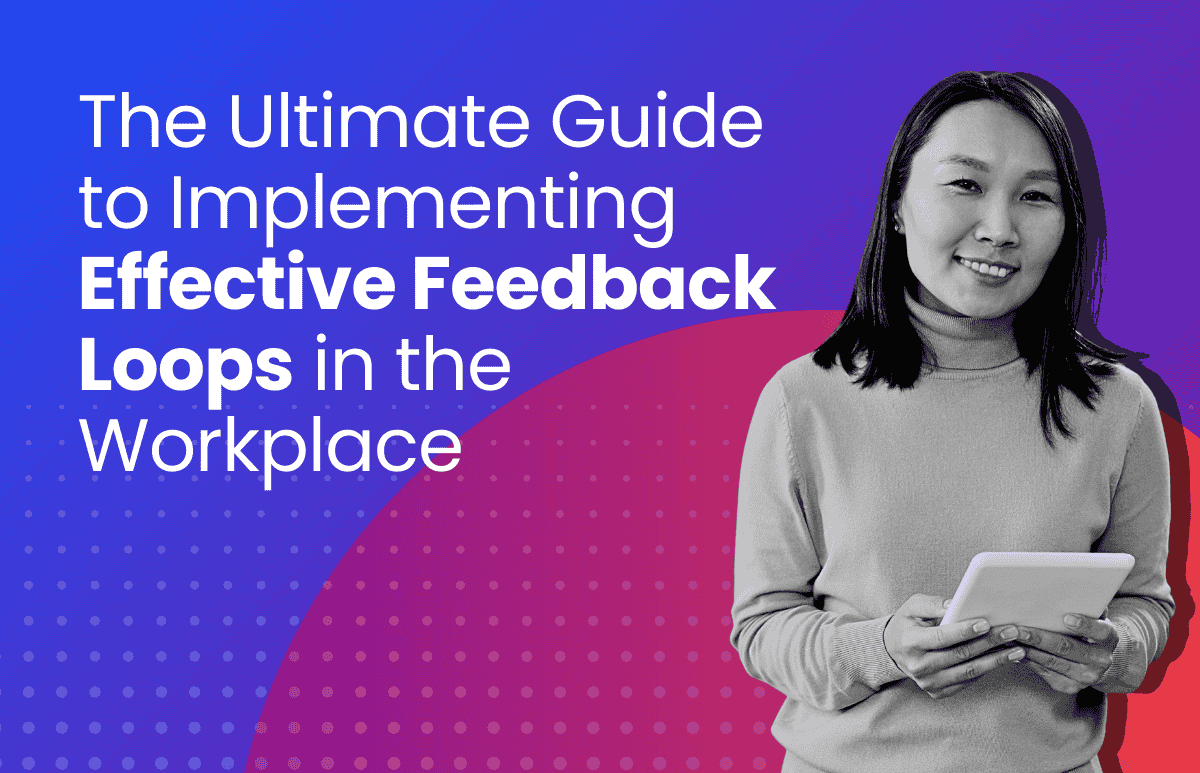Not-For-Profit HR Challenges & How Technology Can Help

The not-for-profit (NFP) sector – also referred to as the third sector, the social sector and the community sector – is large and diverse. It encompasses a range of organisations with different charitable purposes (e.g. health, education, social welfare and religion) without generation of profit or gain.
There are over 115,000 NFPs in New Zealand,[1] employing around 150,000 paid staff and engaging around one million volunteers.[2] These organisations have a long history of helping vulnerable and disadvantaged people across a range of areas. It’s often a passionate connection with a cause of mission that engages and resonates with NFP leaders and employees.
However, the sector – just like all others – has unique strategic and operational challenges, all of which have been exacerbated by COVID-19.
In this blog, we outline the common HR-related challenges specific to the NFP sector, and how technology can ease those challenges.
- Lack of HR resources
An overstretched HR team is symptomatic of the NFP sector. NFPs will typically either assign HR responsibilities to a cross-functional manager or to a small, generalist HR team. In either case, that person or team must handle payroll and benefits, time tracking, grievances/disciplinary action, hiring, succession management, and more. Without automation, each of these areas can be a mess of spreadsheets and manual processes.
ELMO’s employment management tool HR Core can centralise and automate people management, helping to ease the admin burden. HR Core’s Employee Self-Service (ESS) and Manager Self-Service functionality allows staff to find information anywhere, anytime. It enables employees to apply for leave and check their leave balances, and for managers to oversee absentees
- Governance
Governance is a big issue facing NFPs. Increased government oversight and scrutiny means board trustees have more responsibility and are more visible than ever before. Common concerns relate to the mismanagement of funds or individuals privately benefitting from a charity. Careful monitoring of strategies, processes and risk is always necessary to ensure NFPs remain compliant and reach quality standards.
Something else NFPs must contend with is HR and payroll regulations being in a constant state of flux. NFPs may unknowingly risk non-compliance when it comes to maintaining relevant licences, accreditations and interpreting industrial instruments, such as modern awards and enterprise agreements.
They must also stay on top of data security and privacy issues and deal with near-constant changes to tax, compliance and labour laws. The latter can be particularly challenging when it comes to getting the right mix of volunteers and employees or contractors. In a data-centric world, manual processing can result in mistakes, data duplication, processing delays, and even fines for non-compliance – and there’s a fair chance that over-qualified employees will be handling administrative duties.
To educate employees on latest compliance requirements, learning and development opportunities should be made available. ELMO Course Library offers over 400 eLearning courses covering a range of topics including compliance to ensure staff knowledge and skills remain up to date. Employers can also create their own bespoke content via ELMO Course Builder, and manage staff training via ELMO Learning Management.
- Performance shortfalls
While larger teams can usually cover for poor performers, in smaller teams with tight budgets the issue is instantly felt. However, without a performance management process or a learning and development strategy in place, it’s difficult to handle under-performance, much less reward those who go above and beyond.
ELMO Performance Management improves employee productivity and engagement through continuous feedback. It enables organisations to align individual and team goals with organisational strategies. It also streamlines the employee appraisal process by offering a range of pre-built goals and development objectives.
- Attracting and retaining quality staff, volunteers, donors and members
The success of NFPs depends on attracting and retaining quality staff, but the recruitment and retention of talented individuals represents the industry’s biggest challenge.
The economic uncertainty as a result of COVID-19 means there is declining government funding for NFPs, which inhibits organisations from being able to offer attractive salaries and benefits to workers. A 2017 study found that NFP salaries for professionals with five years’ experience were earning 18-25% less than similar jobs in the public sector.[3]
Candidates who are passionate about the cause and activity of the organisation and who are willing to ignore the pull of the higher paying corporate market are hard to find. The result is stretched human resources, which can impact productivity and hinder business outcomes.
With the help of technology, NFPs can maximise their recruitment efforts to address skills gaps to build organisational capability. ELMO Recruitment and applicant tracking system (ATS) helps to streamline the hiring process and provide a seamless candidate experience. Better yet, it integrates with other ELMO solutions such as ELMO Onboarding, so that consistency, accuracy and professionalism is not compromised.
- Managing culture change
As Australia’s population becomes more diverse, NFPs must address changing population demographics – from age to cultural diversity – and adapt accordingly to ensure their organisations remain relevant to the shared beliefs of the communities they serve. To ensure business continuity, change must be driven from within the organisation, starting with the education of workers. The pulse of the workforce should also be regularly assessed to ensure there is a willingness and commitment to change.
Without adequate resources, an organisation cannot hope to track employee sentiment, which is where technology comes in. ELMO Survey enables organisations to easily conduct and manage staff surveys throughout all points of the employee lifecycle to gain actionable insights into employees’ attitudes and opinions towards work. Such a tool is invaluable, especially since the industry is in a period of flux and employees are at risk of burn out from rising demands, tighter regulations, and an additional layer of complexity born from COVID-19.
There are many HR-related challenges facing the NFP sector, but with the help of cloud-based, integrated systems, NFPs can enhance employee engagement, address skills shortages, ensure operations remain compliant, attract and retain high performing workers and streamline time-consuming HR processes.
For a concise version of this blog post, download our Fact Sheet on the NFP sector here. To find out how to build a business case for HR technology, download The Ultimate Guide to HR Software for NFPs.
Case study: Modernising HR in the not-for-profit sector: How ELMO helped The Co-operative Life.
[1] State of the Sector 2022, Community and Voluntary Sector Survey Report, Volunteering New Zealand
[2] State of the Sector 2022, Community and Voluntary Sector Survey Report, Volunteering New Zealand
[3] “10 HR challenges for NFPs”, Third Sector, 2017
 HR Core
HR Core 









